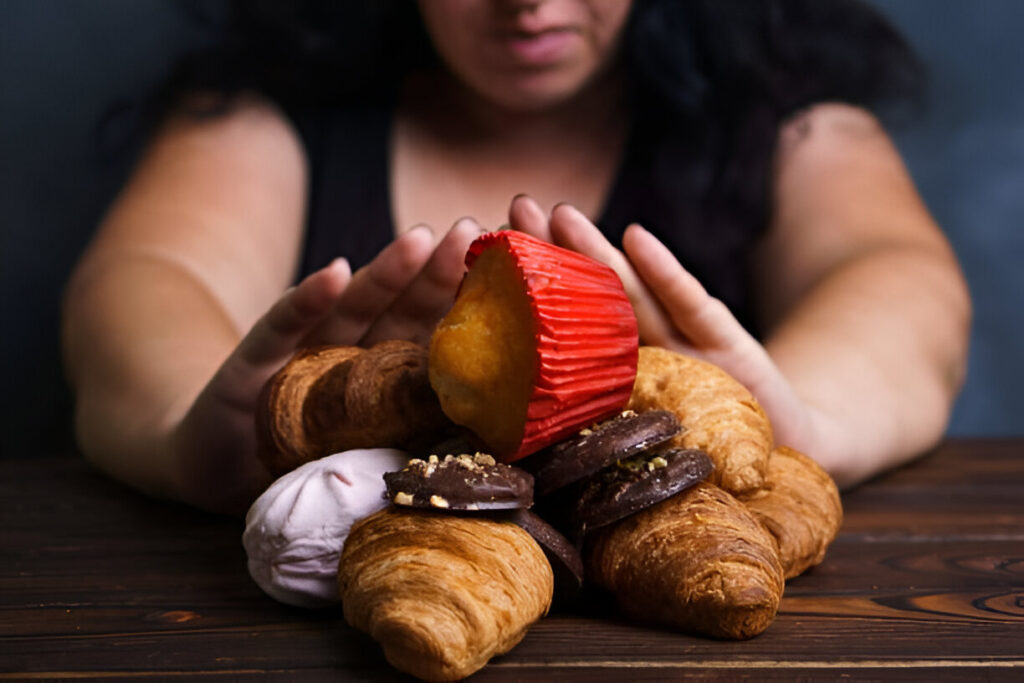Not everything you can safely eat at home is risk-free on holiday. We list a few food groups that you should be careful with when abroad.
On holiday, we don’t just want to see the culture of a country, we also want to taste it. But be careful: some foods can quickly become a health risk abroad.
Here are foods that you should avoid when on holiday. But do not avoid enjoying your holidays while playing with the new HellSpin app.
WHAT YOU SHOULD AVOID
1. raw seafood and fish
Raw animal products harbour a high risk if hygiene is suboptimal. Although fresh oysters can be tempting, they are not always a good choice when on holiday. The consumer advice centre warns that raw mussels are often contaminated with hepatitis A viruses or other pathogens, especially in the Mediterranean or Atlantic. Seafood should therefore only be eaten well cooked.
The Tropical Institute points out that there are not only edible but also poisonous fish species. You should therefore only eat fish you have caught yourself if you are 100 per cent sure which species it is.
2. raw meat
Although carpaccio and tartare are delicacies, they are not always safe to eat. Raw meat, such as carpaccio or tartare, also harbours a considerable risk of food poisoning. Pathogens such as salmonella, trichinae or dangerous parasites can hide in raw meat. You should also avoid undercooked dishes – fully cooked meat is the safer choice.
3. raw salads
Salad is also raw and you should therefore enjoy it with caution when travelling abroad. Salads often contain no animal products and are healthy – but that doesn’t make them a safe choice on holiday. In many countries, salads are washed with tap water that may be contaminated with bacteria or parasites. According to the consumer advice centre, this applies to many countries in Africa, Asia and Latin America.
Therefore, avoid raw food dishes in restaurants or at street stalls and choose boiled, fried or cooked dishes instead. If you want to prepare your own salad or other raw food on holiday, wash it thoroughly with purified water.
4. unwashed fruit
It is better to buy fruit whole so that you can wash and peel it yourself with the right hygiene. When abroad, you should always wash fruit thoroughly and preferably peel it too. It is best to use packaged drinking water if the tap water is not safe – see point eight. The consumer advice centre recommends avoiding pre-cut fruit at the roadside – germs can quickly accumulate here and cause stomach problems.
5. buffets with cool food
At warm temperatures, harmful germs also develop quickly on a buffet. According to the consumer advice centre, buffets that are left unrefrigerated for several hours in warmer climates are an ideal breeding ground for bacteria. Cold dishes such as salads or desserts, which spoil easily, are particularly risky.
It is better to opt for freshly prepared, hot dishes to be on the safe side.
6. raw eggs and products made from them (including ice cream!)
Salmonella could be a problem with anything containing raw eggs. You should avoid foods that contain raw eggs, such as mayonnaise or some desserts. Otherwise, salmonella in the eggs could make you ill. Pasteurised products are the safer alternative.
While you can usually eat industrially packaged ice cream without hesitation, even in holiday destinations, you should take a closer look at ice cream parlours: Does the ice cream contain raw egg? If so, only buy there once you are sure that the hygiene during production is impeccable.

